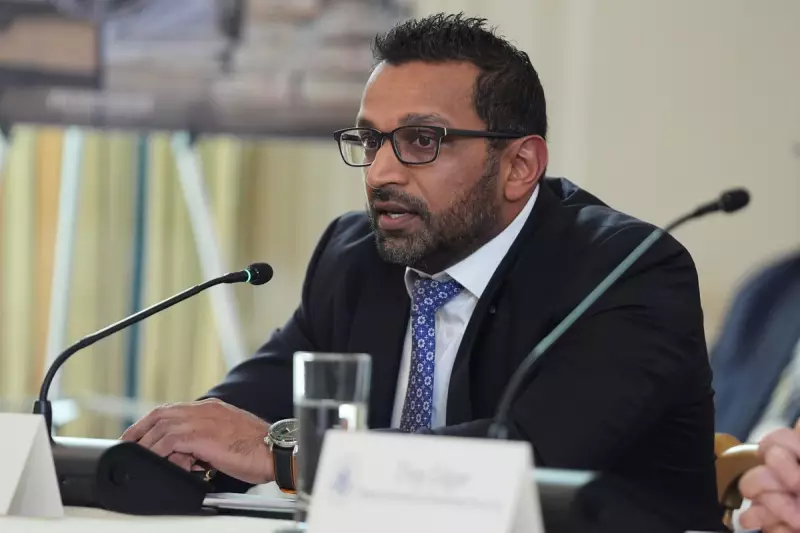
In a startling revelation that has sent shockwaves through political circles, Kash Patel—a former high-ranking official in the Trump administration—has admitted to orchestrating a coordinated effort to examine voting machines in Michigan following the 2020 presidential election.
The Michigan Connection
Patel disclosed his direct involvement in what he described as "election forensics" during conversations with Matthew DePerno, who was then leading a controversial legal challenge against Michigan's election results. The former Trump aide confirmed he actively worked to facilitate access to voting equipment in a bid to uncover what he claimed were "irregularities" in the electoral process.
This admission comes at a particularly sensitive time, as Patel has been mentioned as a potential candidate for a significant national security position should Donald Trump return to the White House. His involvement in post-election activities has drawn intense scrutiny from legal experts and political opponents alike.
Legal Ramifications and Ongoing Investigations
The Michigan situation forms part of a broader pattern of attempts to challenge the 2020 election outcomes across multiple states. Matthew DePerno, who later became the Republican nominee for Michigan attorney general, faces serious legal consequences for his role in the voting machine access scheme.
- Multiple individuals involved in similar efforts across different states face criminal charges
- Legal experts warn such actions could set dangerous precedents for future elections
- The FBI continues to investigate coordinated attempts to access voting systems
Broader Implications for Election Security
This revelation raises significant concerns about the vulnerability of election infrastructure and the potential for political operatives to interfere with voting systems. Security experts have repeatedly warned that unauthorized access to voting equipment could compromise both the integrity of elections and public confidence in democratic processes.
The Patel disclosure underscores the ongoing political divisions surrounding the 2020 election and highlights how these controversies continue to influence current political discourse and potential future administrations.





